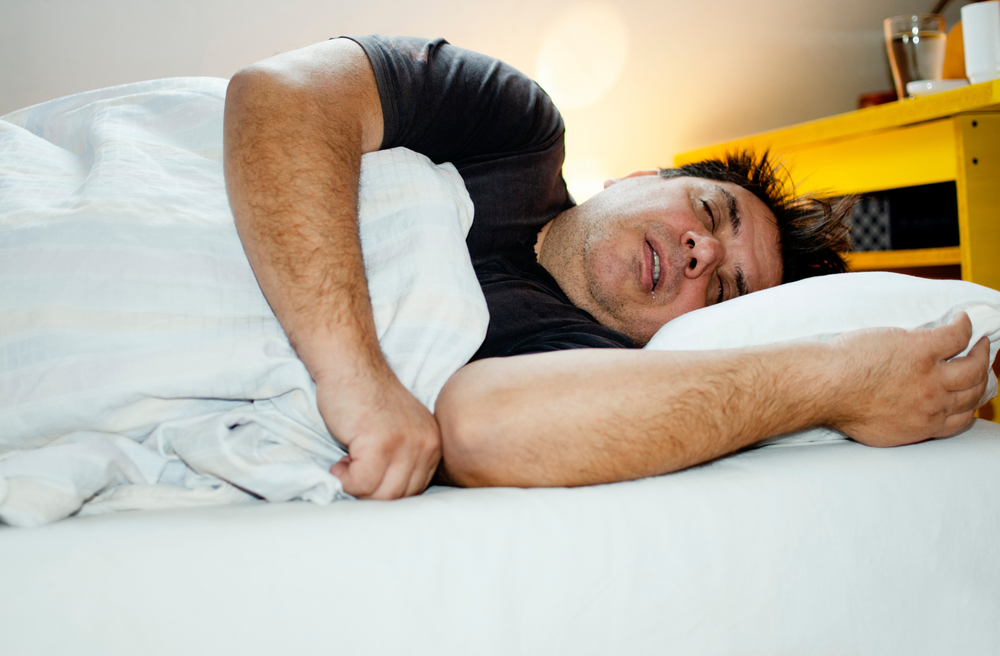Sleep apnea and obesity are two health challenges that are often interlinked. While not everyone who has sleep apnea is overweight, and vice versa, the connection is strong enough to merit serious consideration. In this article, we delve into the intricate relationship between obesity and sleep apnea, and most importantly, the actionable steps you can take if you are grappling with these issues.
Understanding Obesity
Before we dive into the link between obesity and sleep apnea, it’s crucial to understand what is considered obese. Obesity is typically determined using the Body Mass Index (BMI) – a calculation that takes into account one’s weight in relation to their height. While BMI isn’t a perfect indicator of body fat, it can be a helpful guideline. Generally:
- A BMI of 25 to 29.9 is considered overweight.
- A BMI of 30 or above is considered obese.
Please keep in mind that many people who are fit, have lots of muscle, and for other reasons can also fall into the BMI categories. You need to account for your own health and situation specifically. If this is something you think might apply to you, please feel comfortable to speak to Dr. Barron at your appointment about it.

The Link Between Obesity and Sleep Apnea
Excess weight, especially around the neck, can add pressure to the airway, causing it to collapse and become blocked during sleep, leading to sleep apnea. Fatty tissues in the throat and tongue can narrow the airway, making breathing interruptions more likely. Moreover, obese individuals might also have an accumulation of fat around the chest which can restrict lung expansion.
However, it’s essential to understand that not everyone who is obese will develop sleep apnea, and not everyone with sleep apnea is obese. It’s one factor among many that can contribute to the condition.
Addressing Obesity to Alleviate Sleep Apnea
For those grappling with both obesity and sleep apnea, weight loss can be a potential solution. Here’s a recommended approach:
- Healthy Eating: Begin with a balanced diet. Prioritize animal proteins, which provide essential amino acids, vitamins, and minerals. Incorporate moderate amounts of fruits rich in vitamins, antioxidants, and fiber. Also, ensure to consume healthy fats, organ meats where possible, and avoid processed foods and foods that have excessive numbers of ingredients that you can’t pronounce. We really recommend that if you don’t know what the ingredient is, you probably shouldn’t eat it.
- Regular Exercise: Engage in a mix of cardiovascular exercises like walking, running, or cycling, and strength training exercises. This not only helps in burning calories but also builds muscle mass, boosts metabolism, and improves overall health.
- Stay Hydrated: Drink plenty of water throughout the day. Staying hydrated aids metabolism and can help curb overeating.
- Seek Professional Guidance: Consult with nutritionists, personal trainers, or physicians for a structured weight loss plan tailored to your needs.
Additional Steps Beyond Weight Loss
While weight loss is beneficial, it’s also essential to remember that treating sleep apnea may require a multi-faceted approach. CPAP machines, positional therapy, orthodontic solutions, and lifestyle changes, like avoiding alcohol before bedtime, can also be effective.
Take Control of Your Sleep Apnea at Ahava Orthodontics
The relationship between obesity and sleep apnea is undeniable. While weight loss can offer significant relief, it’s essential to approach the issue holistically. Whether it’s through diet, exercise, or other medical interventions, the path to better sleep and improved health is attainable. If you’re in Fort Worth and have concerns about sleep apnea, Dr. Barron at Ahava Orthodontics is here to assist and guide you towards the most suitable solution.




